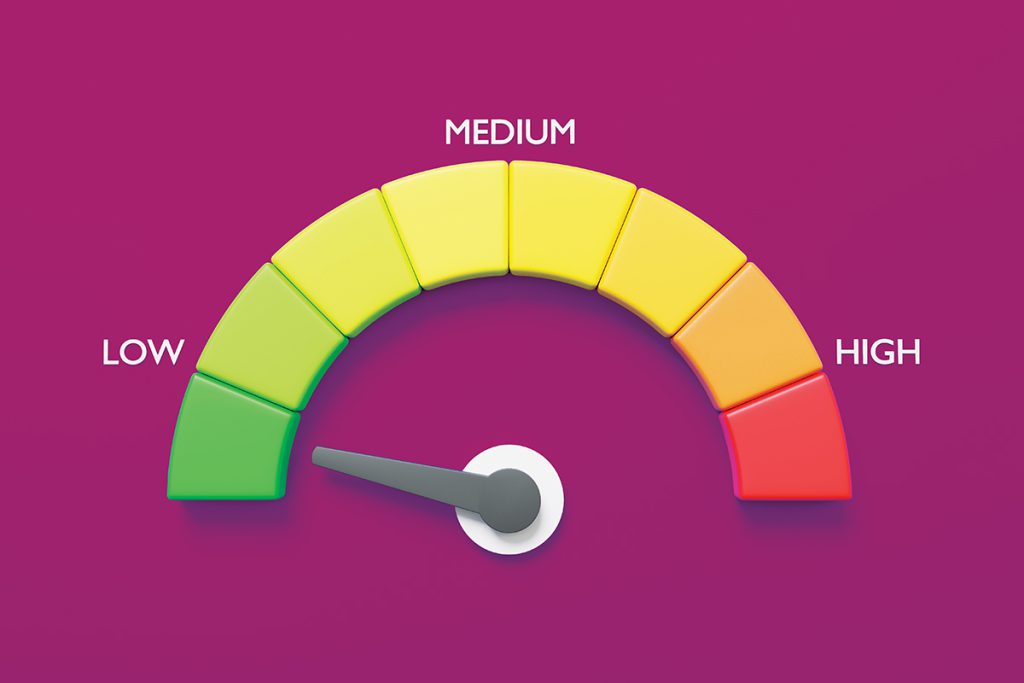Focusing on a few key healthcare factors could see employers unlock trillions in economic value
Words by Karan Karayi
In the fast-paced world of business, the key to unlocking sustained economic value often lies in the well-being and satisfaction of a company’s most valuable asset – its employees. Gone are the days when employee health was an afterthought; forward-thinking organizations are now recognizing the profound impact that a thriving, engaged workforce can have on their bottom line.

From boosting productivity and innovation to reducing healthcare costs and turnover, investing in employee wellness is proving to be a strategic imperative for businesses of all sizes. And there’s a compelling business case for it.
The power of social connections
One of the most compelling findings in the realm of employee health is the profound impact of social interactions. Studies have consistently shown that individuals with strong social relationships enjoy a 50% higher likelihood of survival compared to those who lack such connections.
But the benefits of social engagement extend far beyond just personal well-being – they also have a direct influence on workplace outcomes. Employees who feel a genuine sense of belonging and connection to their colleagues tend to exhibit higher levels of innovation, engagement, and overall job performance. This effect is particularly pronounced for those with smaller social networks outside of the office, underscoring the critical role that the workplace can play in fulfilling our fundamental human need for social belonging.

In fact, the McKinsey Health Institute (MHI) estimates that the total global opportunity for optimizing employee health and well-being is $3.7 trillion to $11.7 trillion, which is equivalent to raising global GDP by 4 to 12%. Together, high- and middle-income economies represent 95% of this total opportunity.

Conversely, toxic workplace behaviours can have a devastating impact, undermining the positive effects of any wellness initiatives. To combat this, organizations must establish zero-tolerance policies, create anonymous feedback channels, and empower managers to foster psychological safety and support among their teams. By cultivating a culture of open communication, empathy, and mutual respect, companies can unlock the full potential of their workforce and reap the rewards of a thriving, collaborative environment.
The power of mindsets and beliefs
Emerging research has also shed light on the profound influence that our mindsets and beliefs can have on our health and well-being. A growth mindset, for instance, has been shown to have a positive impact on mental health, while a spirit of gratitude can yield tangible benefits for physical health.

In the workplace, these positive mindsets and beliefs play a crucial role in maintaining holistic well-being. Rather than striving to eliminate all sources of stress, the key is to help employees develop the resilience and adaptability to navigate challenges effectively. By fostering a sense of self-efficacy, meaning, and belonging, organizations can empower their teams to thrive even in the face of demanding workloads and high-pressure situations.
Employers can nurture these positive mindsets through compelling storytelling, mission-driven engagement, and targeted skill-building initiatives. When employees feel a deep connection to their organization’s purpose and believe in their ability to make a meaningful impact, they are more likely to maintain their well-being and deliver exceptional results over the long term.
The power of productive activity
The benefits of productive activity extend far beyond the confines of the workplace. From volunteering and caregiving to hobbies and travel, engaging in fulfilling, non-work-related pursuits has been linked to improved life expectancy and overall well-being.
Interestingly, even employment itself has been shown to have a positive impact on longevity, with a strong sense of self-efficacy – the belief in one’s ability to cope with challenges – being a key driver of workplace productivity. By investing in programs and initiatives that cultivate self-efficacy, employers can not only boost employee performance but also support their long-term health and well-being.

Beyond the workplace, organizations can further support their employees’ holistic well-being by connecting them to meaningful, community-based activities. From volunteer opportunities to hobby groups, these enriching experiences can have a profound impact on psychosocial and physical measures, including life satisfaction, engagement, and even physiological markers like blood pressure and cortisol levels.
The delicate balance of stress
While stress is often viewed as inherently negative, the reality is that a certain level of challenge and stimulation is essential for growth and development. The key is to strike the right balance, ensuring that employees are motivated and engaged without becoming overwhelmed or depleted.

Chronic, excessive stress, however, can have severe consequences, increasing the risk of cardiovascular disease, neurodegenerative conditions, and metabolic disorders. Job strain and effort-reward imbalance have also been linked to a higher incidence of common mental health issues.
To mitigate the harmful effects of stress, organizations must be proactive in identifying and addressing the primary drivers. This may involve implementing targeted interventions for roles or departments with inherently high-demand workloads, such as building in dedicated recovery periods to allow employees to recharge and replenish their energy reserves.
By striking the right balance between challenge and support, employers can foster an environment where employees thrive on healthy levels of stress, harnessing its power to drive innovation and performance without compromising their well-being.
The importance of economic security
The link between economic opportunity, financial security, and health outcomes is well-established. High-income individuals are five times more likely to report strong overall health compared to their low-income counterparts, underscoring the profound impact that economic factors can have on physical and mental well-being.
Employees who struggle with financial insecurity are more susceptible to signs of poor mental health, which can, in turn, impair their ability to function effectively at work. Moreover, job instability has been associated with a range of negative health outcomes, including cardiovascular disease and diminished physical well-being.

To address this critical issue, employers must ensure that their compensation packages adequately cover employees’ basic needs, reducing the burden of financial stress and empowering their teams to focus on their work with a greater sense of security and peace of mind. By prioritizing fair and living wages, companies can not only improve the overall health and well-being of their workforce but also unlock enhanced productivity, engagement, and long-term business success.
The vital role of sleep
The connection between sleep and both employee health and workplace performance is undeniable. Insufficient or poor-quality sleep can have a significant financial impact on organizations, with untreated insomnia costing employers an average of $2,280 more per employee annually due to absenteeism, presenteeism, and increased incidents of accidents and injuries.

Alarmingly, the McKinsey Health Institute (MHI) 2023 survey found that 31% of employees worldwide average fewer than seven hours of sleep per night – a figure that falls well below the recommended range for maintaining good health. The primary driver of this sleep deficit appears to be the sheer volume of work required of employees, underscoring the need for employers to take a proactive approach in addressing this critical issue.
By creating work environments that prioritize natural light, healthy food options, and policies that discourage after-hours connectivity, companies can set the stage for better sleep habits. Additionally, incentivizing and rewarding leaders who model the importance of prioritizing rest over work can help shift the cultural norms and empower employees to take control of their sleep health.
Embracing a holistic approach
Unlocking the full economic value of a healthy, engaged workforce requires a comprehensive, holistic approach that addresses the multifaceted needs of employees. By fostering strong social connections, cultivating positive mindsets and beliefs, supporting productive activities, managing stress levels, ensuring economic security, and prioritizing sleep, organizations can create an environment where their teams thrive and deliver exceptional results.

The key lies in recognizing that employee well-being is not just a “nice-to-have” but a strategic imperative that can drive tangible business outcomes. From increased productivity and innovation to reduced healthcare costs and turnover, investing in the health and happiness of your workforce can unlock a powerful competitive advantage that delivers lasting value for your organization.
In the pursuit of profits and purpose, businesses must ensure they don’t forget another P; people. The path to success begins with a holistic, employee-centric approach that puts the well-being of your most valuable assets at the forefront. By doing so, you’ll not only unlock economic value but also cultivate a workplace culture that inspires loyalty, creativity, and a shared sense of purpose – the hallmarks of a truly exceptional organization.


